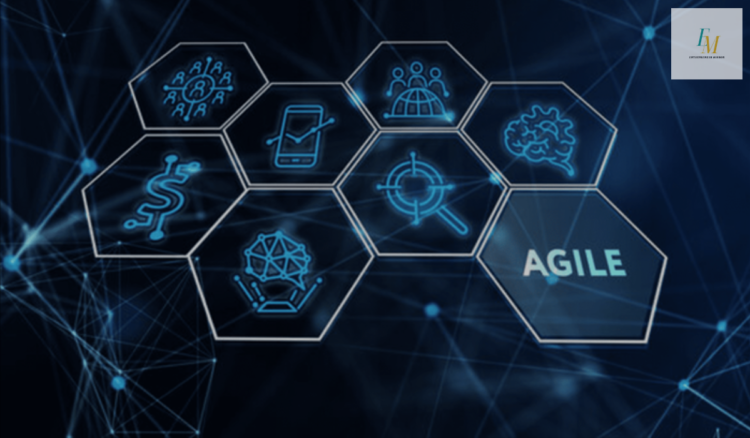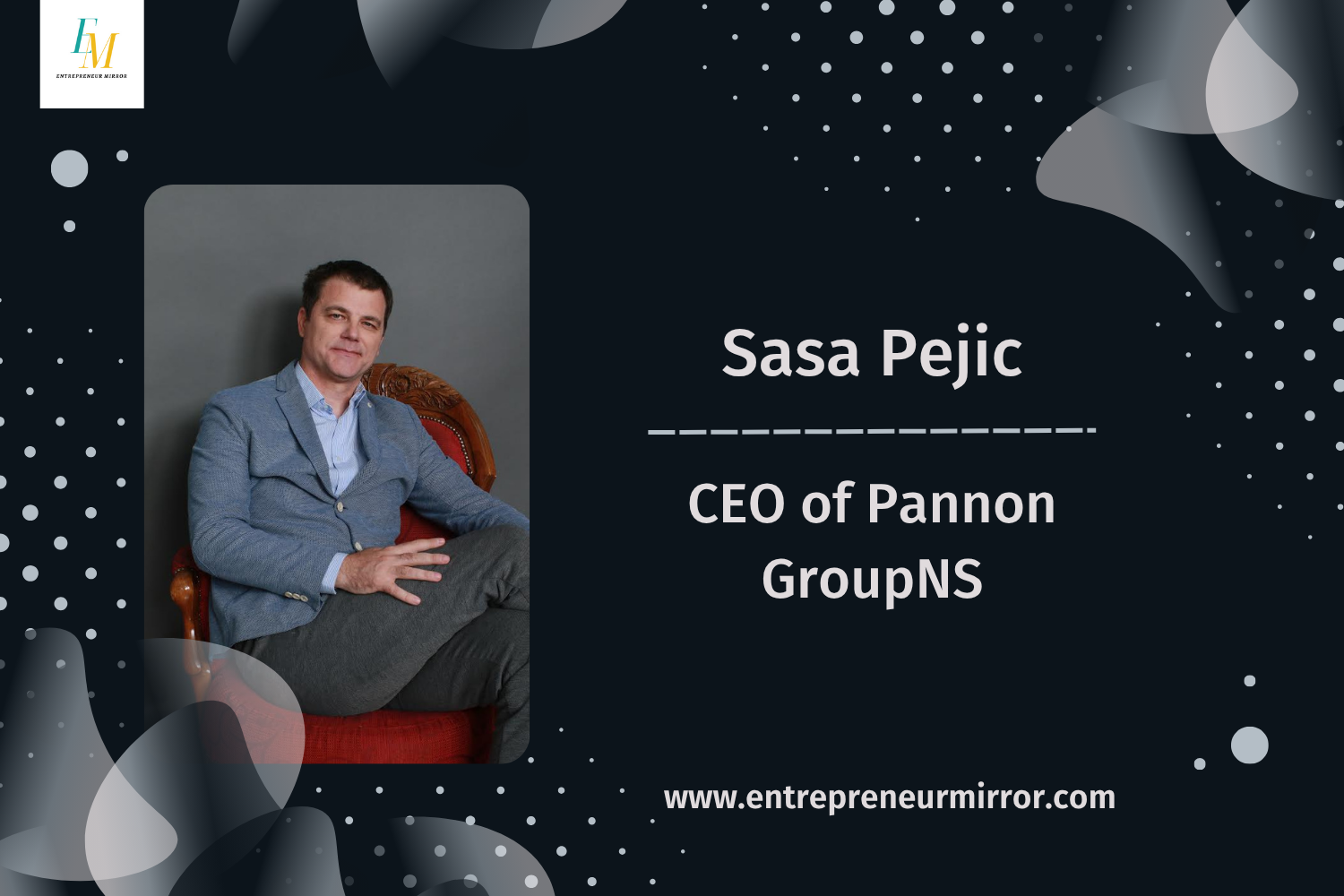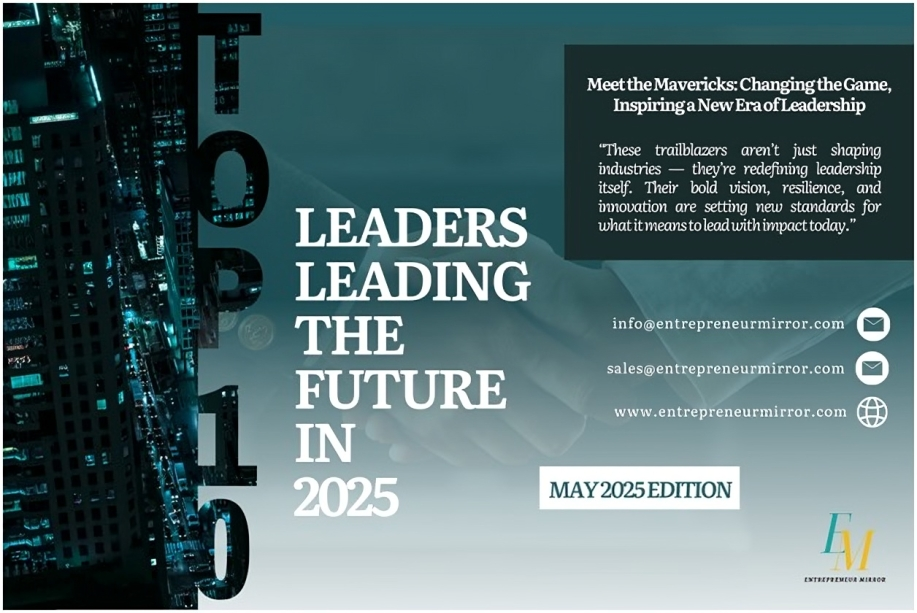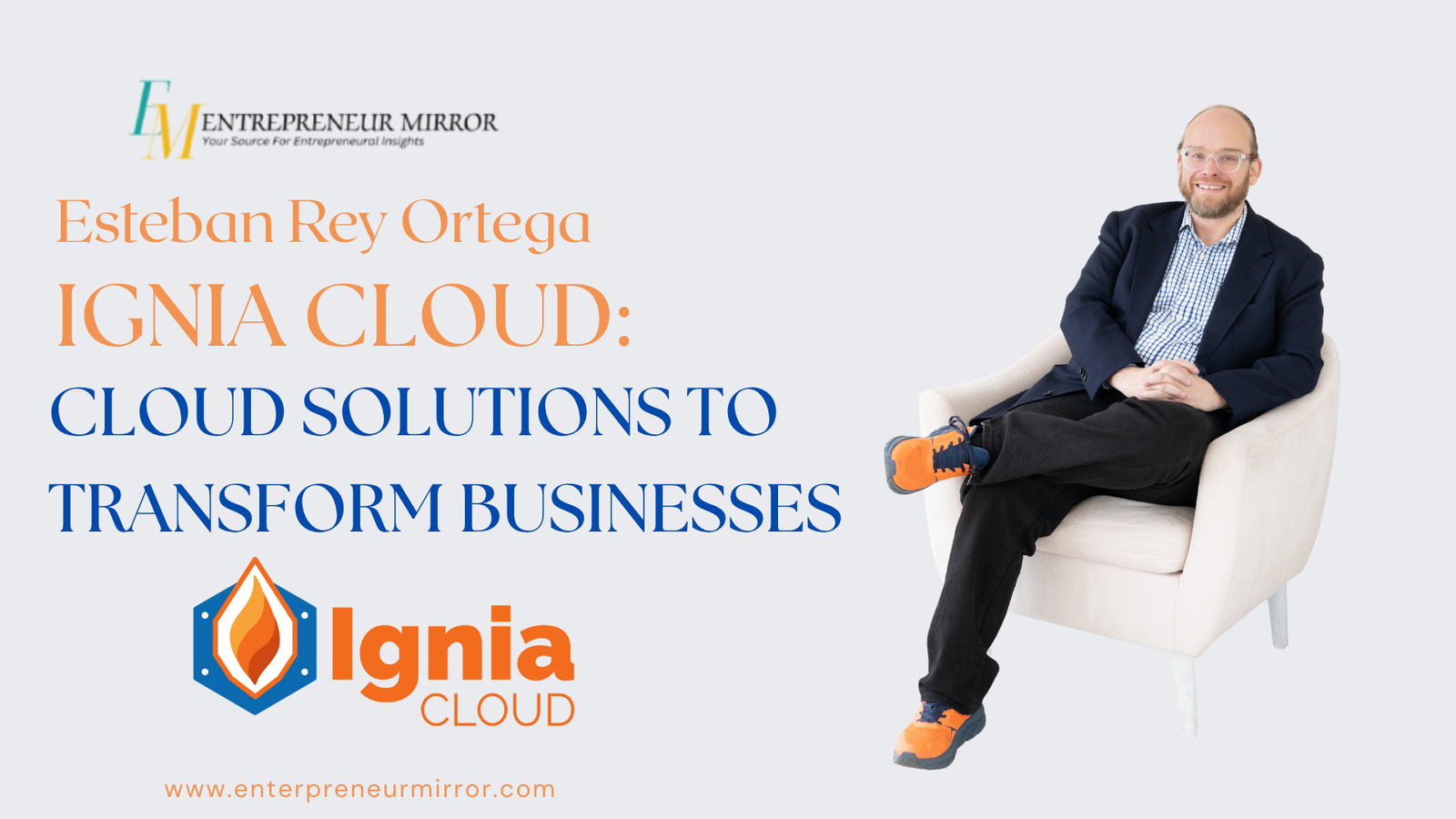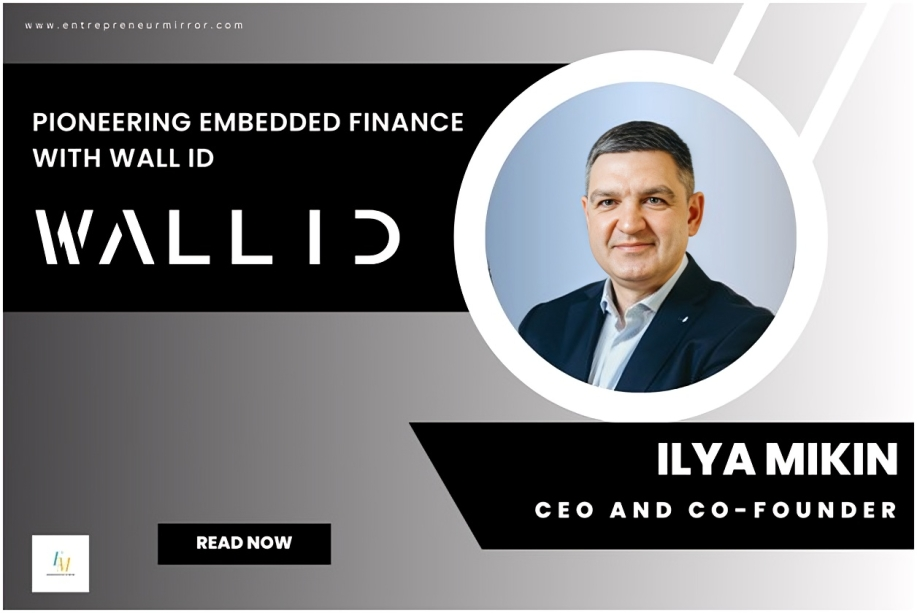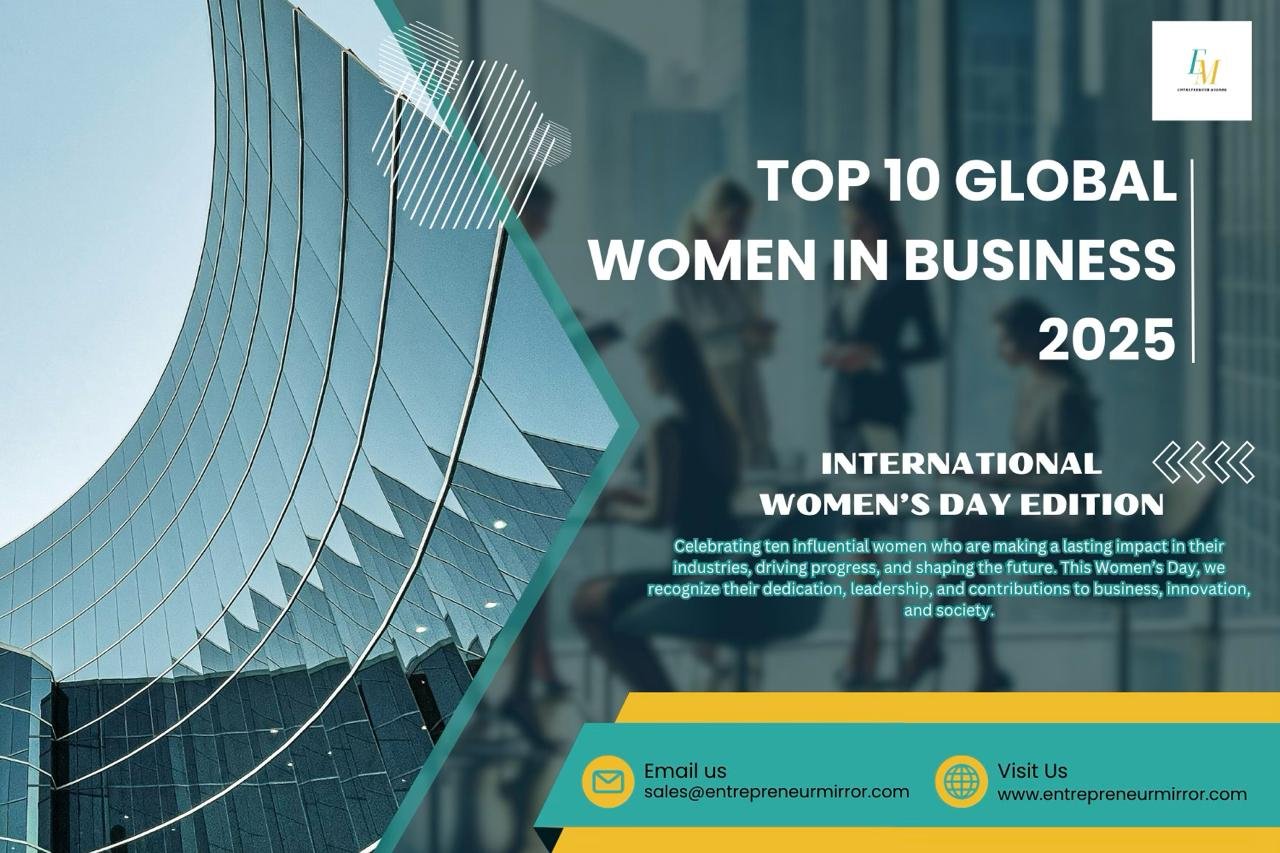Agile Methodology has emerged as a transformative approach in project management, empowering teams to embrace change, adapt swiftly, and deliver exceptional results. In this post, let us delve into the types of Agile Methodology, exploring its various characteristics and how they can revolutionize how it helps in project executions.
Agile Methodology: Embracing Adaptability and Collaboration – Agile Methodology is a set of principles and practices prioritizing adaptability, collaboration, and iterative development to manage complex projects effectively. It encourages cross-functional teams to work closely together, promoting continuous improvement, rapid feedback loops, and frequent delivery of high-quality increments.
- Scrum
Empowering Teams with Self-Organization Scrum is one of the most widely adopted types of Agile methodology. It revolves around small, self-organizing teams known as “Scrum Teams.” These teams collaborate in short iterations, called “sprints,” typically lasting 1-4 weeks. Scrum emphasizes regular team communication, backlog prioritization, and visual tools like Kanban boards to track progress. Daily stand-up meetings enable transparency communication, while sprint reviews and retrospectives facilitate continuous learning.
- Kanban
Visualizing Workflow for Enhanced Efficiency Kanban is one of the types of Agile methodology that visualizes work in progress (WIP) and optimizes flow. Teams using Kanban employ a visual board with columns representing different stages of a career, such as “To Do,” “In Progress,” and “Done.” By limiting the WIP and identifying bottlenecks, Kanban helps teams improve their efficiency, reduce lead time, and deliver value faster. Kanban is particularly effective in environments with high variability or continuous workflow.
- Lean
Inspired by the Toyota Production System, Maximizing Value and Minimizing Waste emphasizes delivering maximum value while minimizing waste. It promotes a culture of continuous improvement, identifying and eliminating non-value-adding activities. Lean is one of those types of Agile methodology that aim to achieve optimal efficiency by removing bottlenecks, reducing handoffs, and streamlining workflows. Organizations can deliver products and services that meet customer needs by optimizing value streams.
- Extreme Programming (XP)
Ensuring Quality and Agility Extreme Programming (XP) provides high-quality software development through disciplined practices. This is one of those types of Agile Methodology that emphasizes continuous integration, test-driven development (TDD), pair programming, and short feedback loops. XP encourages customer involvement and rapid iterations to deliver features incrementally. By prioritizing simplicity, teamwork, and continuous improvement, XP empowers teams to respond effectively to changing requirements and produce reliable software.
- Dynamic Systems Development Method (DSDM)
Delivering On Time and Within Budget, The Dynamic Systems Development Method (DSDM) is of those types of Agile Methodology that approach strongly emphasizing timeboxing and maintaining a project’s schedule. DSDM promotes active user involvement, collaborative workshops, and iterative development. This methodology recognizes time, fixed costs, and adjusts the project’s scope to fit those constraints. By prioritizing on-time delivery and ensuring stakeholder engagement, DSDM enables projects to achieve successful outcomes.
- Feature-Driven Development (FDD)
Delivering Incremental Features Feature-Driven Development (FDD) is an Agile methodology focusing on incrementally providing features. It emphasizes breaking down large projects into manageable feature sets and developing them iteratively. FDD promotes a feature-centric approach, where teams individually plan, design, and build features, enabling early feedback and continuous integration. By prioritizing feature delivery and fostering close collaboration between business stakeholders and development teams, FDD ensures the timely release of valuable functionalities.
- Crystal Methodologies
Tailoring Agile to Context and Team Size Crystal Methodologies, developed by Alistair Cockburn, offer a family of tailored Agile approaches for specific project contexts and team sizes. Crystal methodologies recognize that different projects and teams have unique characteristics and requirements. By providing guidelines and practices, Crystal methodologies allow groups to select and adapt Agile principles to suit their specific circumstances. This flexibility ensures that Agile is not a one-size-fits-all approach but is customizable for optimal results.
- Adaptive Project Framework (APF)
Embracing Uncertainty and Complexity The Adaptive Project Framework (APF) is an Agile methodology that excels in projects characterized by high uncertainty and complexity. APF acknowledges that requirements are often ambiguous in such environments and evolve over time. It embraces an iterative and incremental approach, encouraging close collaboration between project stakeholders and the development team. APF provides a framework for effective decision-making, enabling projects to adapt to changing circumstances and deliver successful outcomes.
- Agile Scaling Frameworks
Extending Agile to Large-Scale Projects As Agile methodologies gained popularity, the need for scaling Agile practices to larger projects and organizations became apparent. Several Agile scaling frameworks, such as SAFe (Scaled Agile Framework), LeSS (Large-Scale Scrum), and DAD (Disciplined Agile Delivery), emerged to address this demand. These frameworks guide coordinating and synchronizing multiple Agile teams working on complex projects, ensuring alignment, collaboration, and effective delivery at scale.
FAQs:
- Is Agile Methodology suitable for all types of projects?
- Agile Methodology is highly versatile and can be adapted to a wide range of projects. It is particularly effective for complex, uncertain, and rapidly changing projects where customer collaboration, flexibility, and rapid delivery are paramount.
- How does Agile Methodology differ from traditional project management?
- Traditional project management follows a sequential, predictive approach, while Agile Methodology embraces an iterative and adaptive process. Agile promotes flexibility, continuous feedback, and early delivery of increments, while traditional methods rely on detailed upfront planning and fixed requirements.
- Can Agile Methodology be combined with other project management frameworks?
- Yes, Agile Methodology can be combined with other frameworks such as PRINCE2 or PMBOK. This hybrid approach allows organizations to leverage the benefits of both frameworks, adapting to their specific needs and constraints.
- Is Agile Methodology only applicable to software development projects?
- Although Agile Methodology originated in the software development industry, its principles and practices have proven effective in various industries, including manufacturing, marketing, construction, and more.
- What are the key benefits of adopting Agile Methodology?
- Agile Methodology offers numerous benefits, including improved adaptability, faster time to market, enhanced customer satisfaction, increased team collaboration, reduced risks, and higher-quality outcomes.
Agile Methodology has revolutionized the way projects are executed, enabling teams to embrace change, collaborate effectively, and deliver exceptional results. From Scrum’s self-organizing teams to Kanban’s flow optimization, and from Lean’s focus on value to XP’s emphasis on quality, each Agile methodology brings unique strengths to the table. Organizations can drive innovation, improve productivity, and thrive in today’s dynamic business landscape by selecting and tailoring the appropriate Agile approach to their specific projects. Embrace Agile Methodology, and unleash the true potential of your projects.
Also Read:

